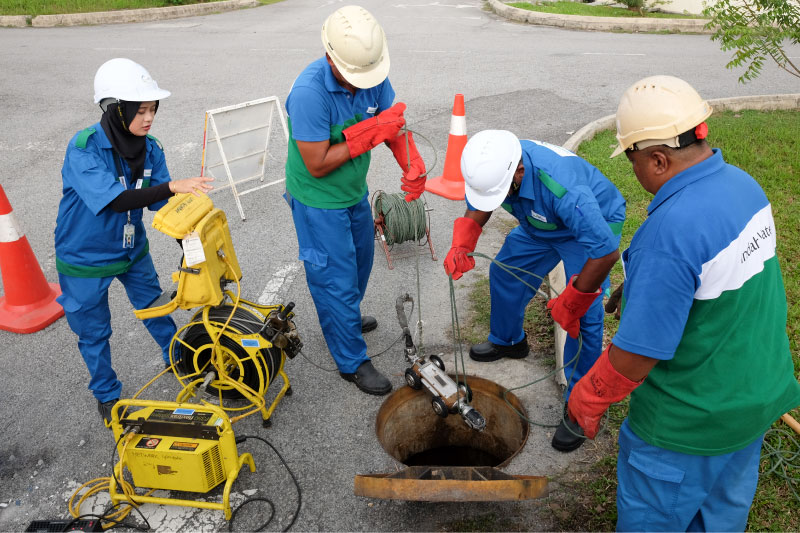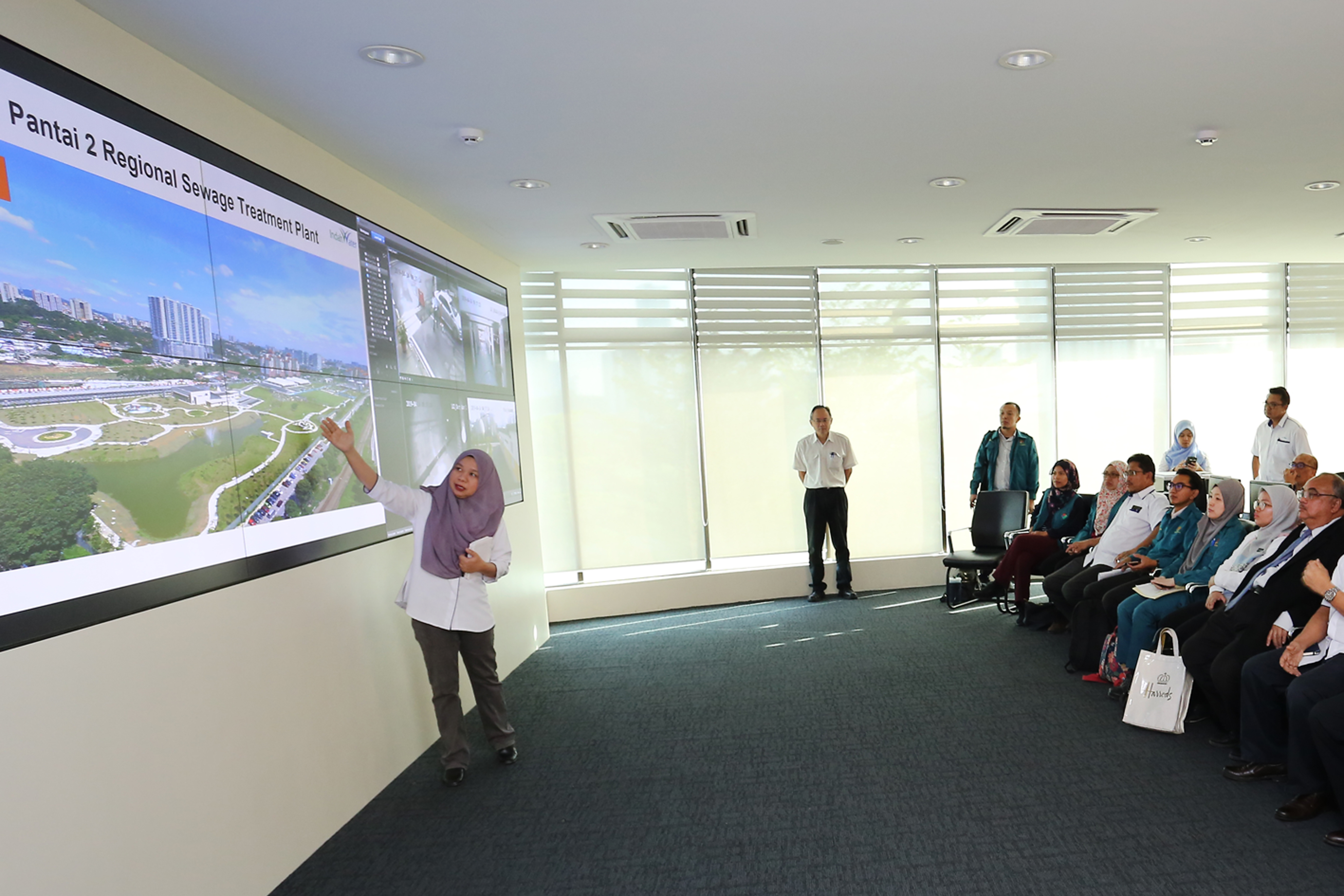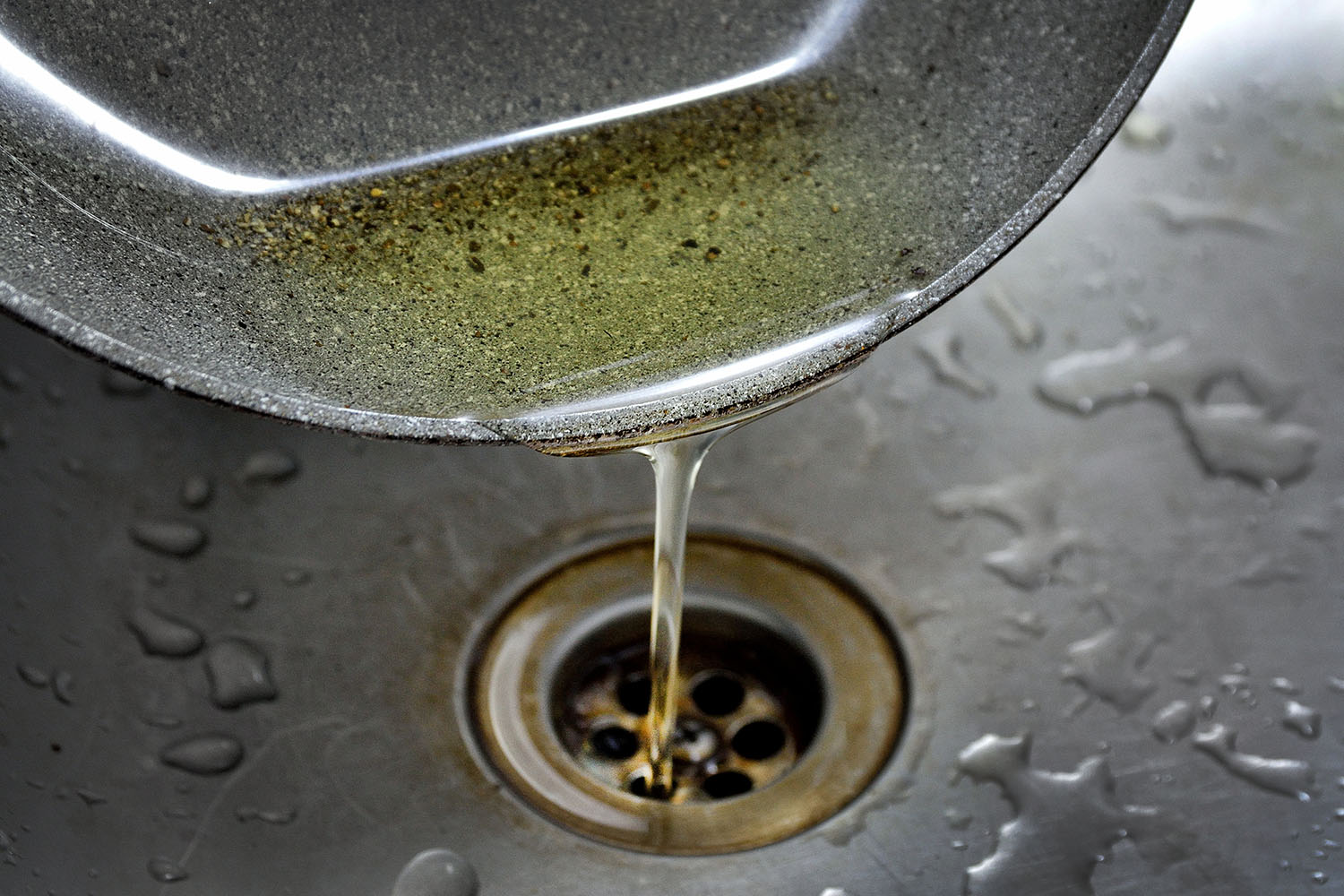How Dangerous Is It To Clean Our Sewage? Here's What Indah Water Workers Go Through Daily
Wow, we had no idea that untreated sewage could be that dangerous!
When it comes to the topic of sewage, there is little that we Malaysians know about it
That's where Indah Water Konsortium (IWK) comes in. IWK is Malaysia's national sewerage company, where they help treat wastewater before it gets discharged into the rivers. This is an extremely important step, as untreated sewage might prove to be hazardous.
This begs the question: "How dangerous is it to clean our sewage, and what do the workers at IWK do to treat our wastewater?"
To answer that question, we spoke with Azian binti Ahmad, a Manager in Operations and Maintenance at the IWK Kuala Lumpur Unit
Her team oversees 108 sewage treatment plants (STPs) and network pumping stations in the south of Kuala Lumpur. Azian is also part of the sampling team that is responsible for carrying out sampling at all STPs within Kuala Lumpur and Putrajaya.
She's also a Registered Electrical Energy Manager under the Energy Commission, responsible for managing the energy usage at the Pantai 2 Regional Sewage Treatment Plant (RSTP), the biggest underground sewage treatment plant in the Asia Pacific.
Firstly, IWK workers have to always be prepared on the job, as they may face all kinds of potential hazards — including venomous reptiles and large snakes
The unpredictable working conditions IWK workers have to toil in pose a great danger to them all. From encountering venomous reptiles that lurk in the wastewaters to noxious gases that are emitted from our sewage, the IWK staff have to be alert and aware of their surroundings while cleaning the sewage.
"We came across the carcass of a relatively large python once when we wanted to clean the screens. My team members also often encounter snakes that have made the panel room their resting grounds," said Azian.
This is also one of the reasons why Azian and her team have to don and suit up in their Personal Protective Equipment (PPE).
Sometimes, certain threats like toxic gases may be less obvious but are equally dangerous
She shared, "There was one incident when we wanted to check the condition of a leaking air pipe. Although it was in a location with less chances for the presence of toxic gases, when a gas test was conducted, readings for one of the toxic gases were very high."
The hazardous nature of their jobs makes it imperative for the IWK team to adhere to strict SOPs, all so that they don't injure themselves while carrying out their tasks, in order for us to enjoy clean sewage.
The process of cleaning and treating our sewage is a complicated one on its own
According to Azian, sewage treatment is performed through physical and biological processes. The first stage begins with the physical process, which includes removing sand, gravel, and non-biodegradable pollutants such as plastic and grease.
If there are other big items stuck in the sewage, it is also up to the IWK team to clear these out. Fine screening, as well as grit and grease removal, are important parts of the physical process.
The secondary stage involves both physical and biological processes. IWK makes use of naturally-occurring organisms to feed on the contaminants in the wastewater, which proliferate and eliminate dead cells to maintain treatment effectiveness.
The treated sewage next goes to the clarifier tank, where dead organisms settle, leaving clean water. The purified effluent will then be released into the river.
On the other hand, a thickening and dewatering machine will be used to further treat the dead organisms or sludge that has settled. Once the sludge has reached the right concentration and is dry enough, it can be turned into fertiliser or taken to an approved landfill to be disposed of.
What's cool is that some of the microorganisms will be sent back to the aeration tank, so that there are always enough microbes to treat the sewage that comes in.
Fun fact: Did you know that the amount of rubbish collected from our wastewaters are huge?
According to Azian, approximately 0.5 tonnes of screenings are removed from the Pantai 2 Regional Sewage Treatment Plant daily, wow! That's why IWK's role is very important because if it weren't for these unsung heroes, we wouldn't have a working sewage system.
When asked why IWK carries out such extensive treatment for our effluents, Azian answered that it is to protect public health and provide a cleaner and safer environment for all of us
Sewage that has not been treated properly may end up smelling like rotten eggs, and can threaten aquatic life if released to into rivers. It can also contaminate drinking water supplies, causing diarrhoea, cholera, and hepatitis, among other water-borne ailments.
That's why IWK wants to advise us to practice good habits to prevent any blockage of drains in our homes. Some preventative actions are to avoid flushing rubbish like sanitary pads, condoms, and diapers down the toilet bowl.
You should also refrain from disposing of cooking oil in the kitchen sink as this increases the possibility of a sewer obstruction, which could result in sewage backing up into your toilet or overflowing out the manhole. Yikes!
However, if your sewage does ends up overflowing, it's always best to give IWK a call
Contacting IWK from the get-go may prevent things from getting worse, so it's good to keep that tip in mind.
Besides that, it's also important to carry out regular desludging to treat your sewage. Without desludging, the septic tank will fill with sludge. It will move to the second chamber in your home's septic tank, causing bad odour and potential water contamination.
To contact Indah Water Konsortium for desludging or sewage treatment services, please head over to their website for more details




